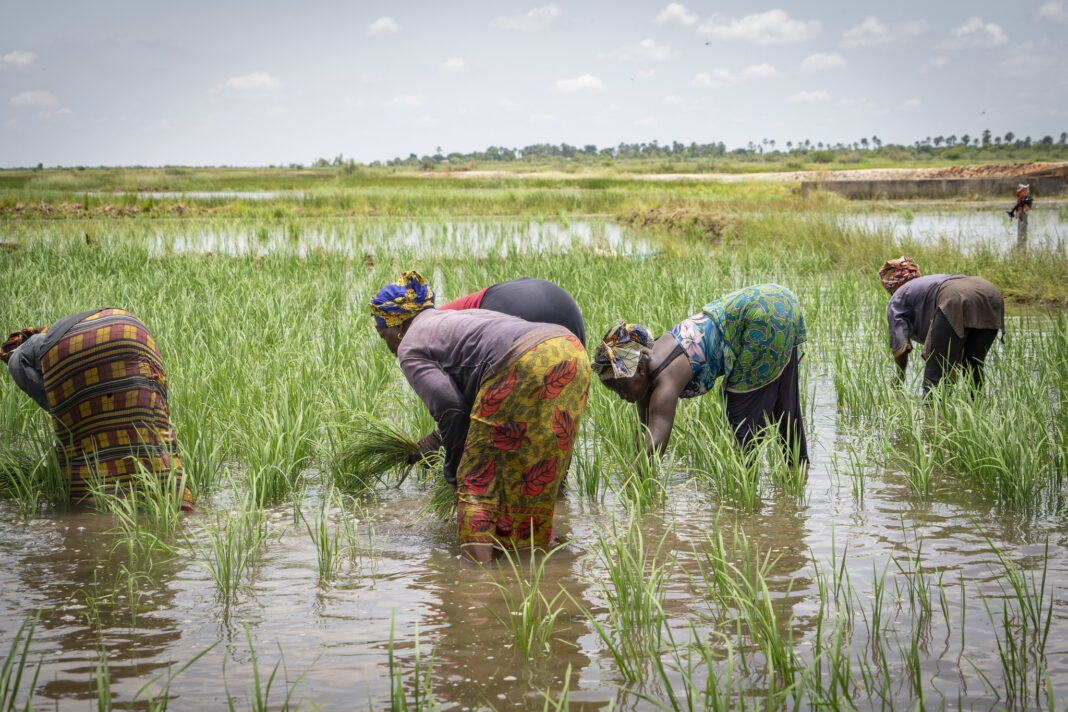The European Council today announced the extension of temporary protection for over four million Ukrainians displaced by Russia’s ongoing military aggression. This measure, initially set to expire in March 2025, will now continue until 4 March 2026, offering sustained support to those affected by the conflict.
“Day after day, Russia terrorizes the Ukrainian people with its bombing war. These are not safe circumstances. Those who fled from Russia’s aggression can continue to count on our solidarity,” stated Nicole de Moor, Belgian Secretary of State for Asylum and Migration, emphasizing the EU’s commitment to providing refuge and security.
The temporary protection mechanism was first activated shortly after the onset of the Russian invasion on 4 March 2022, designed to offer immediate relief for displaced Ukrainians. This extension will maintain the original terms of protection, ensuring consistency in the categories of persons eligible.
Under this directive, beneficiaries do not need to undergo individual asylum application processes, significantly reducing the strain on national asylum systems across the EU. Instead, they receive collective protection, allowing them to enjoy uniform rights throughout the union, such as access to employment, healthcare, and education.
While the EU sets the minimum standards of protection, the level of assistance provided may vary from one member state to another, based on national capabilities and legislation. States may need to pass additional implementation acts to formalize this extension.
Originally established in the wake of the Balkan conflicts of the 1990s, the EU’s temporary protection is a crucial emergency mechanism activated in times of mass refugee influxes. This extension marks a continued European stance of solidarity and support for the people of Ukraine, ensuring they have a safe haven amidst the uncertainties of war.




